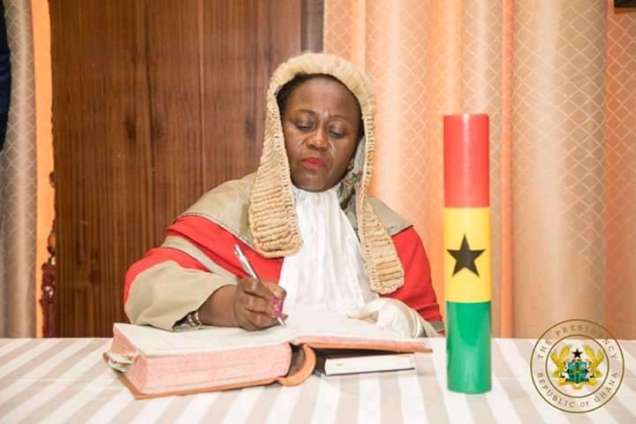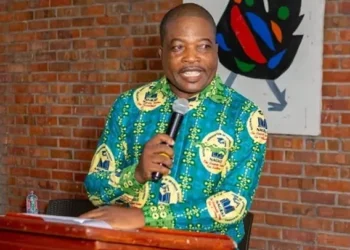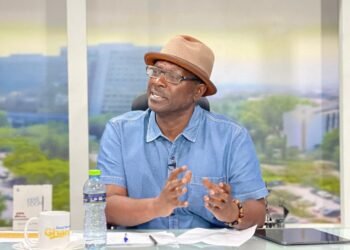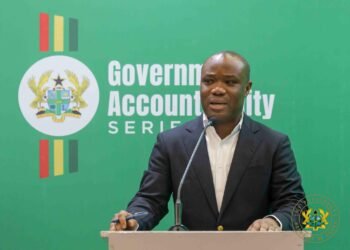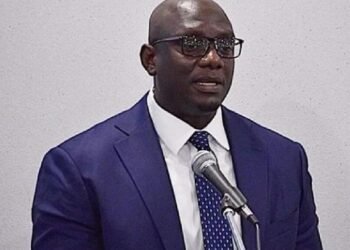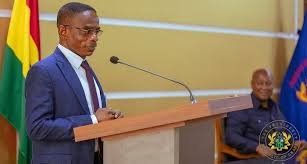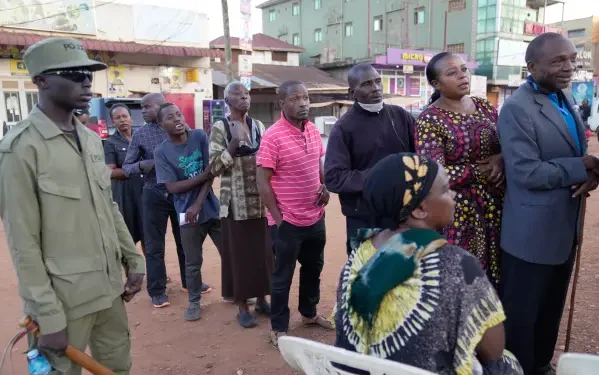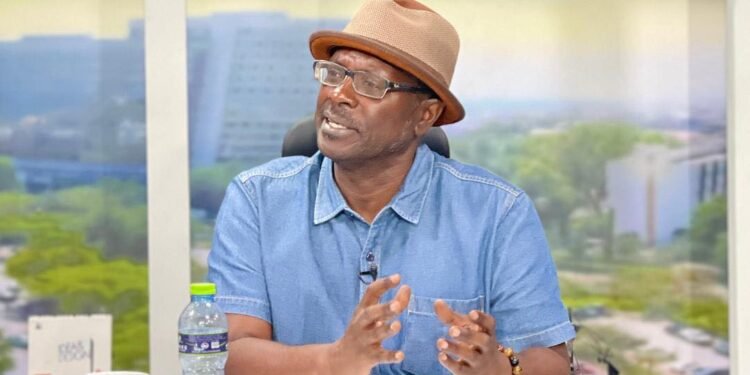The controversial removal of Chief Justice Gertrude Araba Torkornoo has sparked intense national debate, with lawyer and human rights activist Richard Dela Sky declaring that her removal was unconstitutional and threatens the very foundation of Ghana’s democracy.
Sky expressed deep concern over growing public support for what some have described as the lawful removal of the Chief Justice.
He insisted that “Justice itself has suffered unfathomable violence, and a swift, just, and fearless remedy is required.”
On September 1, 2025, President John Dramani Mahama announced the removal of Chief Justice Gertrude Araba Sackey Torkonoo following the recommendations of a five-member inquiry committee led by Justice Gabriel Scott Pwamang.
According to Sky, this action represents a “constitutional tragedy” that undermines judicial independence and sets a dangerous precedent for the future.
He argued that the 1992 Constitution must serve as “our North Star—fixed, immutable, guiding us through storms of partisan passion,” warning that when political expediency overrides constitutional principles, democracy itself is endangered.
The Inquiry and Its Findings
The inquiry committee included Justices Gabriel Scott Pwamang and Samuel Kwame Adibu-Asiedu, former Auditor-General Daniel Yaw Domelevo, Major Flora Bazaanura Dalugo of the Ghana Armed Forces, and Professor James Sefah Dzisah of the University of Ghana.
The committee investigated three petitions submitted to the President alleging misconduct by the Chief Justice.

Its report accused Torkonoo of violating Article 296 by transferring a judicial officer despite an internal clearance, breaching constitutional procedure under Article 144 by recommending judges for Supreme Court appointments, and recklessly using public funds for overseas trips to Tanzania and the United States.
Based on these findings, the committee recommended her removal. Acting swiftly, President Mahama issued a warrant for her dismissal.
However, Sky argued that this process was fundamentally flawed, claiming the committee overstepped its constitutional role by interpreting laws—a power reserved exclusively for the Supreme Court under Articles 2(1) and 130(1)(a).
Committee Overstepped Its Role
Richard Sky further stressed that Article 146 committees are investigative bodies only. Their role is to gather facts and evidence, not to issue binding legal judgments.
By using terms like “unlawful expenditure” and “reckless dissipation of public funds” in its report, the committee effectively acted as a court.
He drew parallels with the landmark case Afenyo-Markin v Speaker, where the Supreme Court ruled that the Speaker of Parliament had overstepped his constitutional authority by declaring parliamentary seats vacant.
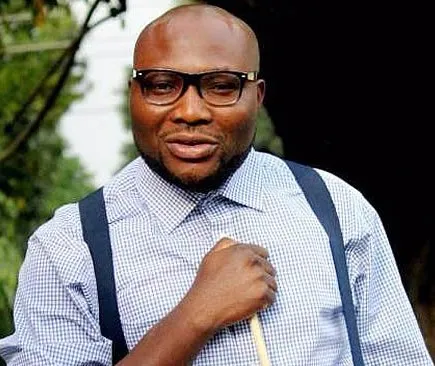
According to Sky, the committee committed the same error by interpreting constitutional provisions rather than simply reporting facts.
“Fact-finding is not adjudication,” he emphasized, arguing that nobody—whether parliamentary, executive, or administrative—can usurp the Supreme Court’s role in interpreting the Constitution.
Sky also pointed to the Supreme Court decision in Kwame Baffoe v Attorney-General (2024), which reaffirmed the Court’s exclusive authority to determine constitutional issues such as public expenditure.
He argued that only the Auditor-General and Parliament have the mandate to address issues related to public financial management, not a presidential inquiry committee.
According to Sky, the President compounded the constitutional violation by acting with “dispatch rather than gravity.”

He signed the removal warrant within hours of receiving the committee’s report, without seeking legal advice or referring the matter to the Supreme Court for proper interpretation.
“The speed with which the President acted compounds the irregularity… Such haste suggests not constitutional consideration but predetermined political calculation. In my respectful view, constitutional government requires deliberation, not precipitous action.”
Richard Dela Sky
This, he warned, creates a dangerous precedent where executive power can override judicial independence.
Sky questioned whether Ghanaians are willing to accept a system where executive committees interpret the Constitution and where speed trumps due process. If so, he cautioned, judicial independence would exist only at the government’s mercy.
Chief Justice’s Removal, Void
Accordingly, Richard Sky concluded that Chief Justice Torkonoo remains Ghana’s lawful Chief Justice.
He declared the committee’s findings “null and void” because they were based on interpretations the body was not constitutionally empowered to make.
“The President’s warrant of removal, however elegantly drafted and however swiftly executed, cannot derive constitutional authority from a source that itself possesses none.”
Richard Dela Sky
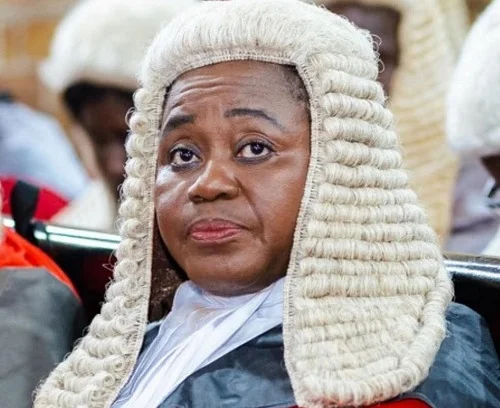
He warned that this decision goes beyond the fate of one individual, shaping the principles that will govern Ghana’s judiciary for generations.
Allowing the committee’s actions to stand, he said, would “diminish not only the Chief Justice’s office but every judge who may decide cases displeasing the powerful.”
Sky stressed that accountability mechanisms exist to address judicial misconduct, including the Supreme Court, the Attorney-General, and the Commission on Human Rights and Administrative Justice.
However, these procedures must be followed strictly to prevent chaos.
In conclusion, Sky urged Ghanaians to defend the Constitution vigilantly, arguing that the current process violates both legal principles and moral commitments.
“Chief Justice Gertrude Araba Sackey Torkonoo remains the lawful Chief Justice of the Republic of Ghana,” he affirmed, adding that any contrary claim “lacks the force of law.”
READ ALSO: Filmmakers Urged Not to Rely Only on YouTube

